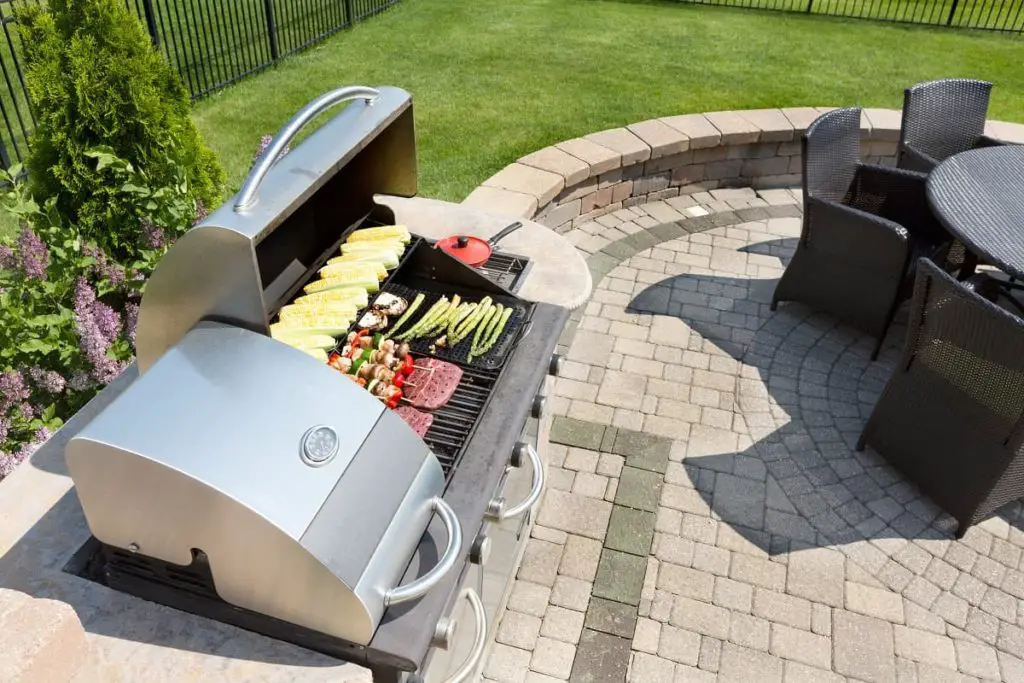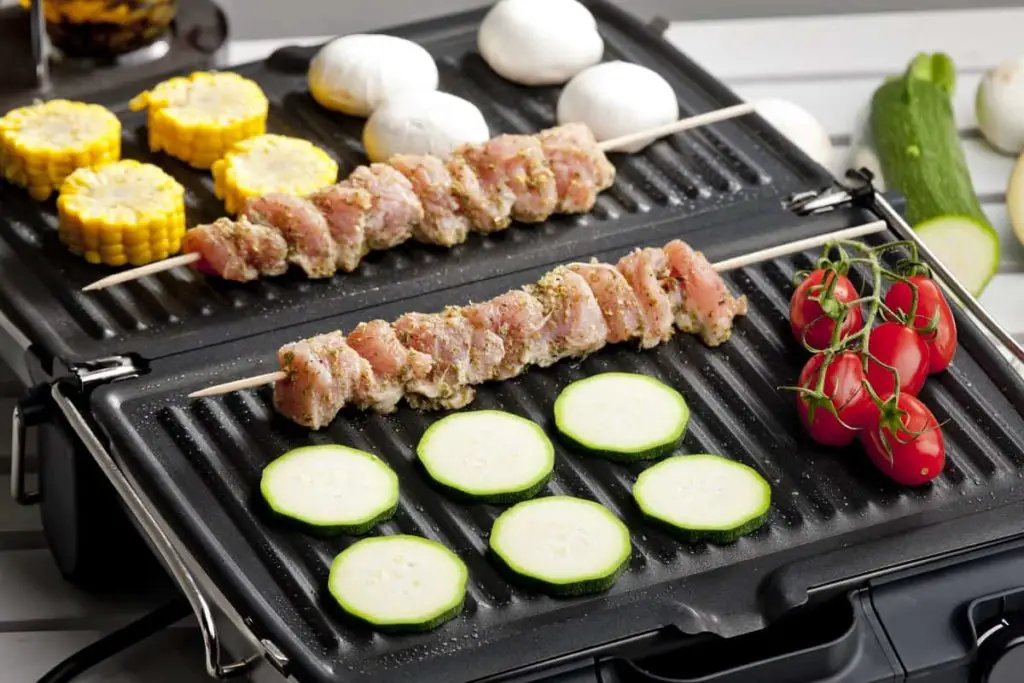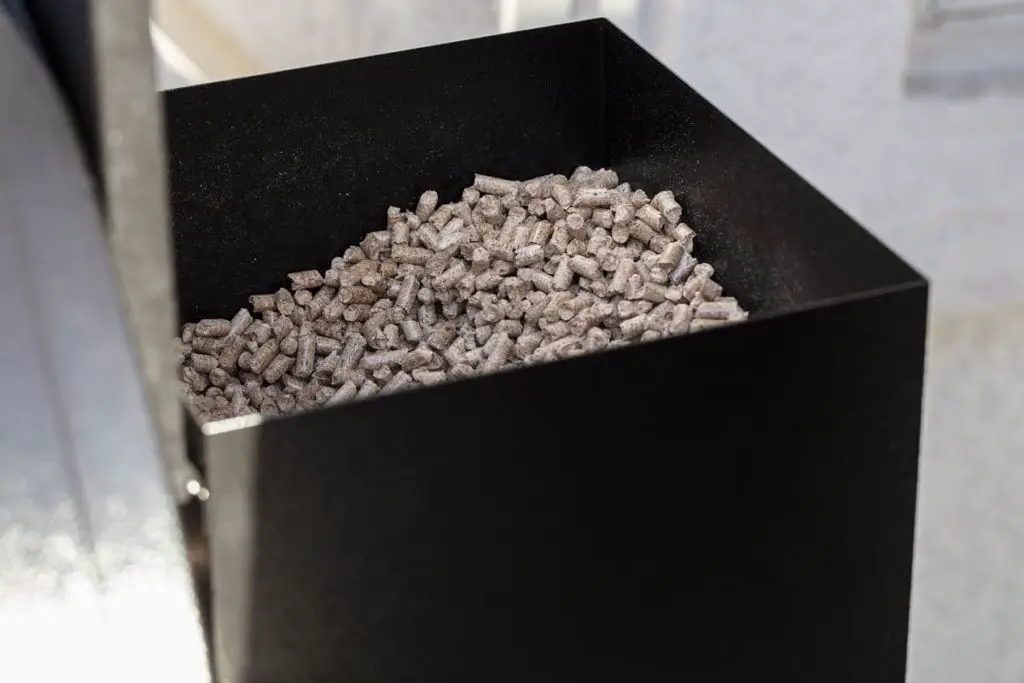A long running argument goes with which grill is better to use: gas or charcoal? The debate narrows down to arguing about its efficiency, flavor, and heating properties.
On the gas corner, they banner its ability to render moisture when steaming.
On the charcoal corner, they boast the undisputed authentic smokey flavor that only charcoal can yield.
There are tons of reasons out there that tip the scales of gas and charcoal grilling.
However, use and outcomes are just one part of the significant considerations. Another important thing to note concerns about safety. Working with high heating equipment surely poses some hazards.
Are gas grills safer than charcoal? Both grills involve the cautious use of high temperature but which could you be less at risk?
Perhaps, let’s discuss some well-known features between gas grills and charcoal grills.
Here, we narrow it down to the arguments that concern your use and its safety.
Gas Grills
A gas grill is a cooking appliance that is powered by gas such as propane or liquefied petroleum gas.
It is usually hooked from the grill to the tank which supplies the fuel source.
The Pros:
Controlled cooking environment
Gas grills are designed to keep it’s cooking environment under your control. In terms of ignition, it surely saves you time and you can automatically start whatever you’re cooking.
Ignition takes you just seconds and you are good to place those lamb chops and marinated steaks right away. It is efficient when you’re trying to rush your meals.
Additionally, it is very easy to adjust the temperature. When you feel like you wanna jack up the heat then you can do so by adjusting the knob.
The temperature dial gives you the right amount of heat you desire to have your food cooked.
Temperature range is readily indicated. Perhaps, you don’t need to be a grilling expert to get this thing working.
Reliable fuel source
As mentioned earlier, you need to hook the grill to a tank. This connection allows you to have a reliable supply of gas that will power your grill.
Unlike charcoal grills, you don’t have to man and regularly monitor if the grill is still heating.
Gas grills provide a consistent amount of gas supply to keep those burners burning.
The Cons:
Limited temperature range
Gas grills do come with limited temperature ranges. Typically, the highest temperature this type of grills can go hits 450 to 550 degrees.
So if you’re one of those people who like to fire up their meat all the way then a gas grill just won’t do.
This type of grill has controlled heating which can be a disadvantage for those whose preference favors the highly heated meat variety.
Gas leakage
Are gas grills safer than charcoal? For a moment, gas grills also have an inherent risk.
Since you are using gas then gas leaks can be a probable cause of disaster. Gas leaks happen when connections are loose or when there are issues with the gas hose.
This leakage is attributed to a lack of maintenance such as fastening improperly or unseen damages with its components.
Gas leaks are prone to create explosions. Similarly, it can also cause carbon monoxide poisoning.
This is when people inhale large amounts from the leakage, which has harmful effects on the body.
Charcoal grills
A charcoal grill is traditional outdoor cooking equipment. Now, many charcoal grills have innovated their designs and components but remain to use charcoal as its fuel source.
The Pros:
Higher temperature capability
It is a well-known fact that charcoal always burns hotter than gas. Some people hate being confronted with limitations.
Backyard steak masters prefer charcoal over gas grills because it does not put a limit on how high the heat goes.
Charcoal grills can go beyond the standard temperature range. In turn, they get to achieve that savory burnt perfection that gas grills can’t seem to simulate.
Authentic smokey flavor
Charcoal grills live up to the tradition because it is widely known to give that authentic taste.
Although many other grills and cooking methods came with the promise to simulate that iconic flavor but nothing beats the original.
The use of charcoal allows the full emission of heat that gives off that savory flavor.
The Cons:
Hard to control environment
Charcoal grills do not come with self-regulating features. If so, are gas grills safer than charcoal?
The thing is, charcoal temperatures are hard to adjust. If strong wind brushes the burning charcoal it tends to flare up. You can’t lower it in immediacy.
You have to monitor every now and then to see that it’s not undercooking nor overcooking.
Also, whenever you are cooking for long hours, you have to refill it with charcoal. Unlike gas grills, the gas supply is provided with no sweat on your part.
Here, you have to monitor and add charcoal to maintain the heat. That is to say, you need to deal with all the heat while you spread the charcoal even.
Escaped embers
Falling embers is a typical incident when using charcoal. When embers accidently come off while you grill it can cause burns to your feet.
Worse, in some instances, embers can ignite fire to combustible surfaces. So, are gas grills safer than charcoal?
The thing to note about embers is that they aren’t as immediately extinguished as burners from a gas grill.
They don’t turn off with a click of a knob. That in mind, you must carry along a pitcher of water or fire extinguisher to prevent burns and other fire-related incidents.
Conclusion:
Let’s settle this now. Are gas grills safer than charcoal? Well, yes. See, charcoal grills run more risks compared to gas grills.
In fact, fire safety protocols recommend the use of gas as a safer option than the use of charcoal.
In evaluating both pros and cons, we have known that gas grills weigh more safely compared to charcoal grills.
However, you must remember that though gas grills ranked safer, they are not without risk.
As a grill user, always operate with caution in mind. It is always better safe than sorry.



